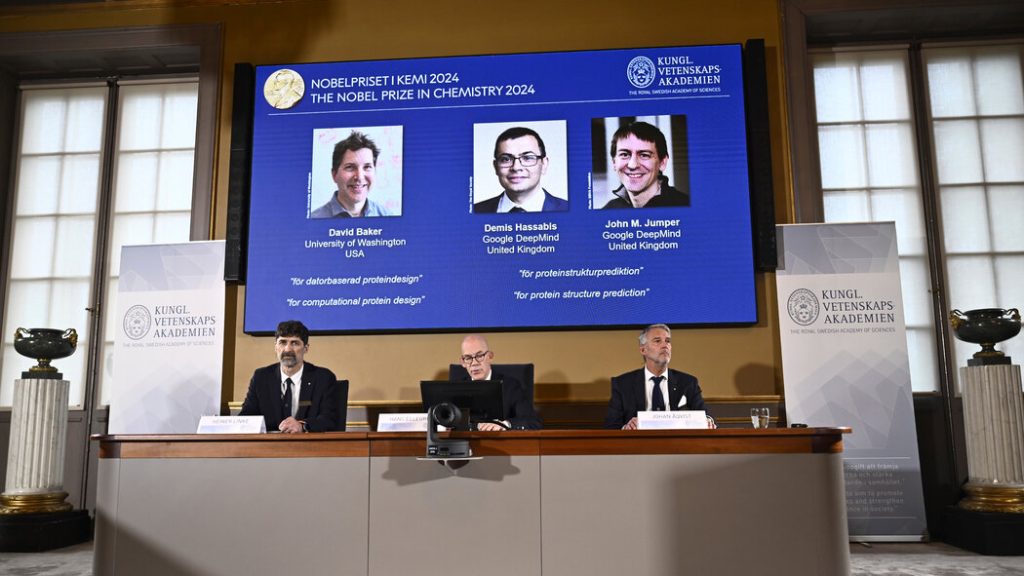Paris – Artificial intelligence, once on the fringes of scientific research, has stepped into the spotlight with two Nobel prizes awarded in a single week, signaling its growing importance. Long overlooked and underfunded, AI now seems to have arrived in full force.
On Tuesday, Geoffrey Hinton and John Hopfield won the Nobel Prize in Physics for their foundational work in modern AI. Just a day later, David Baker, John Jumper, and Demis Hassabis were awarded the Nobel Prize in Chemistry for using AI to unlock the mysteries of protein structures.
While the chemistry award was somewhat expected, the physics win surprised many.
“I’m astonished,” Hinton remarked upon learning of the award. “I never imagined this would happen. It’s a huge surprise.”
His reaction echoed across the AI community, with many wondering why a computer scientist would receive a physics prize. Given the dominance of programs like OpenAI’s ChatGPT in cultural discussions around AI, the idea of the technology earning Nobel recognition struck some as unusual.
However, for scientists, the news felt more natural. “AI’s transformative impact on science is undeniable,” said Elena Simperl, a professor at King’s College London. “These Nobel prizes highlight the significance of interdisciplinary methods in advancing fields like computing.”
The science now known as artificial intelligence dates back to the 1950s and 60s, with early experiments in chatbots, translation machines, and basic algorithms. However, AI experienced several setbacks during the 1970s and 1990s, dubbed “AI winters,” when research struggled to gain momentum and funding.
Before AI’s recent resurgence with ChatGPT in 2022, only a few moments captured the public’s attention. In 2016, DeepMind’s AlphaGo, developed by Hassabis, defeated South Korean grandmaster Lee Se-Dol in the game of Go, a decade after IBM’s Deep Blue had bested world chess champion Garry Kasparov.
During his Nobel acceptance speech, Hassabis drew a direct connection between AlphaGo and AlphaFold, the AI program responsible for the team’s Nobel-winning work on protein structures. He encouraged young people to play games, describing them as a fun gateway to understanding computers.
Simperl emphasized the importance of rewarding AI pioneers and even proposed that new Nobel categories, such as software engineering or cybersecurity, be considered.
“AI’s role in modern science is undeniable,” she said. “The recognition of AI scientists in the Nobel categories highlights how science operates today.”
While the scientific community acknowledges AI’s significance, public discourse remains centered on AI companies’ immense valuations and their leaders’ influence. Following Wednesday’s chemistry award, online memes speculated that Sam Altman, CEO of OpenAI, could be next in line for a Nobel.
“It’s not over yet,” Sean O’Heigeartaigh, director of the AI: Futures and Responsibility Program at the University of Cambridge, humorously posted on X. “Rumor has it the Nobel Prize in Literature will go to the authors of ‘OpenAI’s nonprofit governance structure’ for exceptional contributions to creative fiction.”




